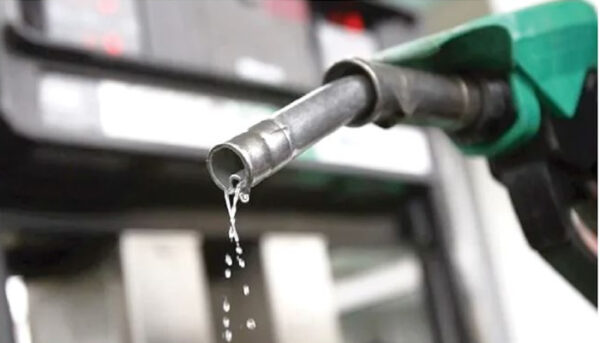Oil marketers are warning that the price at the pump for Premium Motor Spirit, commonly known as petrol, could soon increase.
This potential increase is primarily attributed to two key factors: the rising cost of crude oil and the depreciating value of the Nigerian naira against the US dollar.
As reported by ThePunch, the cost of crude oil has surged to approximately $94 per barrel, while the naira's value has weakened against the dollar. Consequently, the Federal Government has quietly allocated more funds to fuel subsidies. This concerning trend was exacerbated as of Sunday, September 17, 2023, when the global benchmark for oil hit $94 per barrel, coinciding with an aggravation of forex scarcity, with the naira slipping to ₦950 per dollar in the previous week.
According to insights from TheGuardian UK, there's a possibility that oil prices could soar to $100 per barrel in September due to production cuts by Russia and Saudi Arabia, coupled with heightened demand from China.
Despite the Federal Government's assertion that it had terminated the petrol subsidy, following President Bola Tinubu's inauguration speech on Monday, May 29, 2023, oil marketers interviewed by the newspaper suspect that a form of quasi-subsidy is still in play. Their argument hinges on the fact that the cost of petrol was initially raised to ₦617 per litre in July when crude oil was trading at around $82 per barrel, and the naira exchange rate ranged from ₦865 to ₦872 at the parallel market.
Commenting on the potential petrol price surge, Chinedu Ukadike, the National Public Relations Officer of the Independent Petroleum Marketers Association of Nigeria, emphasised that a stronger dollar invariably leads to higher import costs for petroleum products. He stated, "The fuel we are buying today at N617 or N596, depending on where you buy it and your proximity to depots, is actually below what the price should be, considering the rise in the dollar and crude oil price."
While the rise in crude oil prices can boost Nigeria's foreign exchange reserves, Ukadike pointed out that this currency is still predominantly utilised to import refined products. He elaborated, "I said earlier that what we are experiencing now is quasi-deregulation. The rise in crude oil prices has positive and negative effects on Nigeria. It is positive because it increases our dollar generation when we sell the crude. But it is negative in that we still use that dollar that we have to import the finished products of crude. That is the problem. If Nigeria is refining products, then there will be a windfall, but since we import with the dollar we make, it makes no sense."
In light of these factors, Ukadike concluded that the escalating crude oil prices would likely necessitate further increases in the cost of PMS and other finished products. Consequently, the government would be compelled to allocate more funds for product subsidies to bridge the widening gap, continuing its quasi-subsidy approach.









